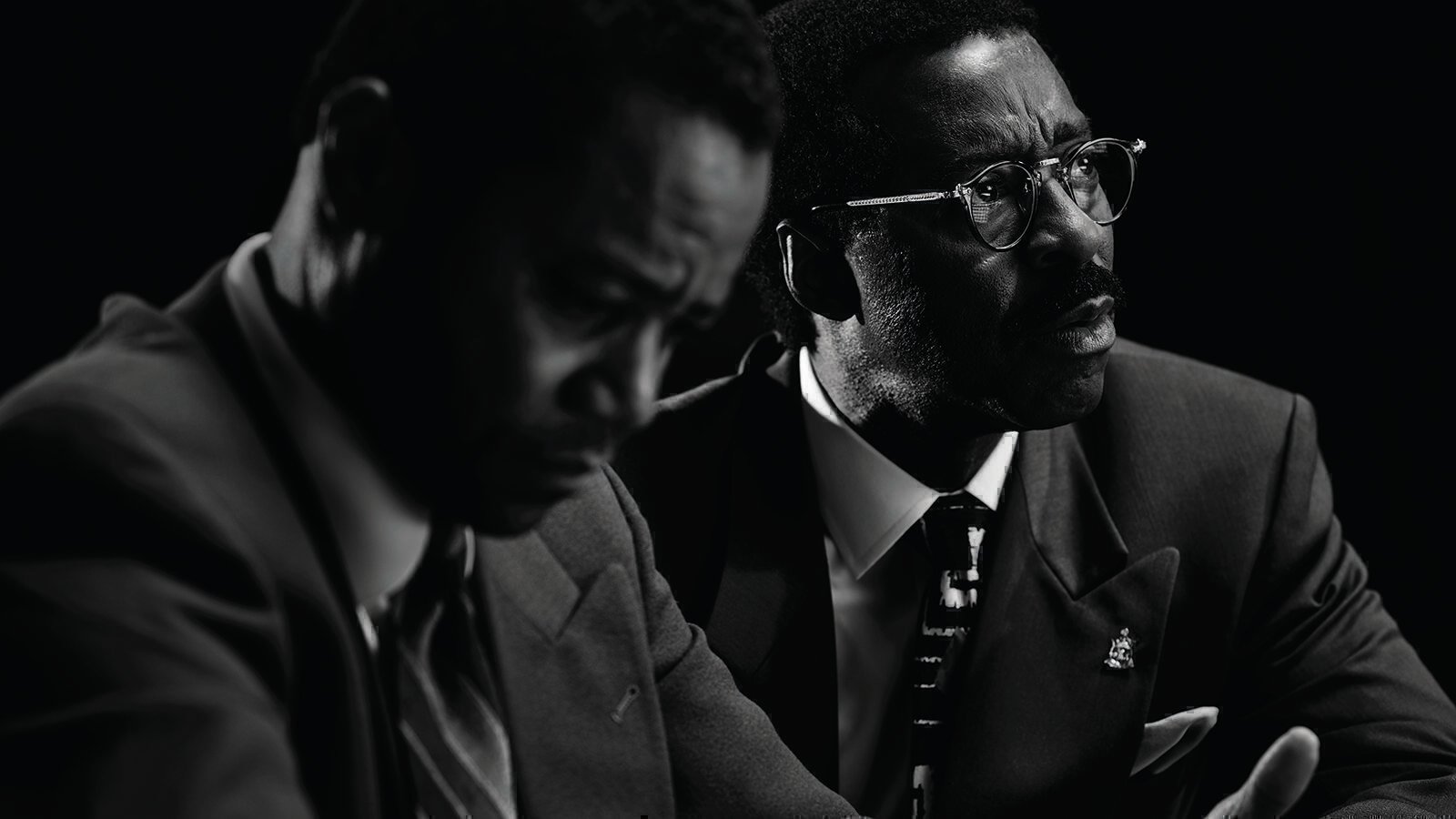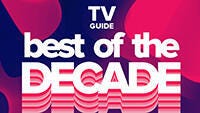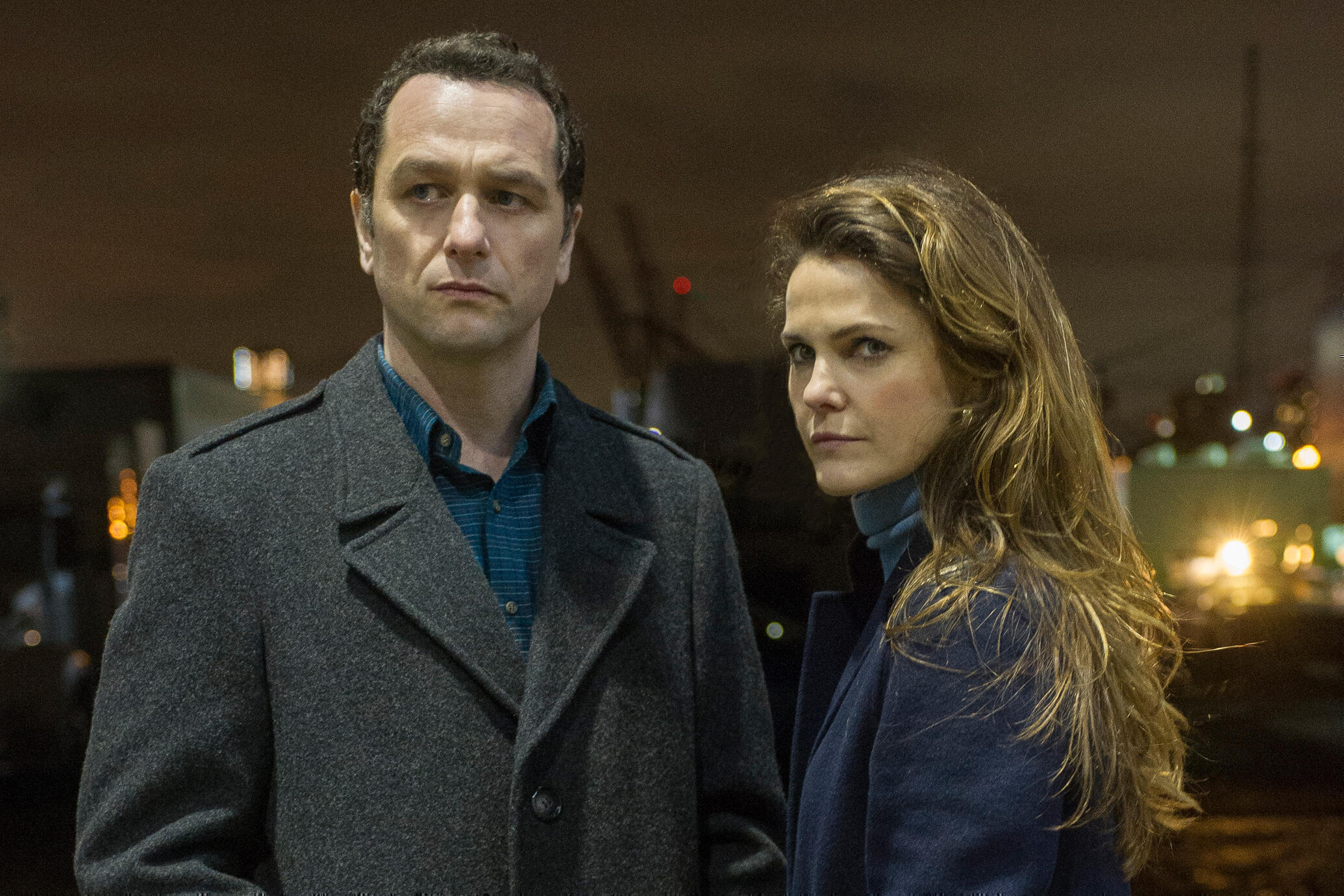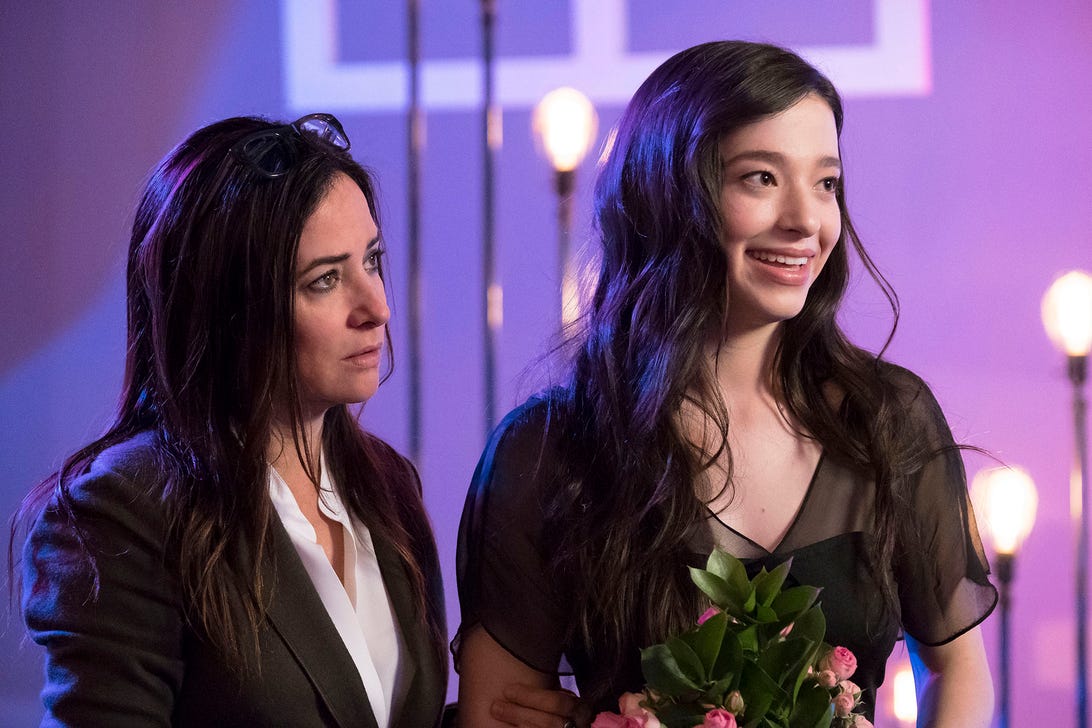
FX and FXX Had the Best Decade of Any Networks
The basic cable networks produced six programs on TV Guide's Best Shows of the Decade

Television in the 2010s was marked by advances in technology and some of the greatest TV shows of all time. Netflix went from introducing the ability to stream its overwhelming library of licensed properties to churning out more original content than any one person can watch. But it wasn't just Netflix flooding the market, either: television production increased across the board, so much so that we entered a period known as Peak TV, meaning there's now more TV available than any one person can possibly watch. During that same time frame, various revivals and reboots of beloved properties thrived in Hollywood, HBO's Game of Thrones dominated pop culture discourse to the point of annoyance, and AMC's The Walking Dead became so big the franchise now requires a chief content officer. And yet, despite these momentous milestones, no networks had greater success in the 2010s than FX and its sister network FXX.
The two networks are represented on TV Guide's Best Shows of the Decade by six programs, the most of any network: You're the Worst (No. 22, FXX), Better Things (No. 19, FX), American Crime Story(No. 12, FX),Atlanta(No. 5, FX), Justified (No. 4, FX), and The Americans (No. 1, FX). This is two more shows than HBO (Veep, The Leftovers, Game of Thrones, and The Jinx), which spent a lot of the last decade investing in marquee titles, and three more than Netflix (Stranger Things, GLOW, and Happy Valley), which produced extremely high quantities of content that varied wildly in quality. And during a decade in which there was an obvious shift toward prestige cable programs and streaming shows, NBC also made an impressive showing, coming in with three series of its own (The Good Place, Hannibal, and Parenthood).
Best TV of the Decade: The Shows, Moments, and Trends That Defined the 2010s
The number of FX and FXX programs on the list is impressive on its own, especially when one considers how few programs the two pay cable networks typically produce every year compared to other networks and streaming services (though it should be noted that FX boss John Landgraf has said that output will increase now that the Walt Disney Company has completed its purchase of Fox). But what's most interesting about FX's success is the variety of quality programming, much of it creator-driven, that it encompasses. With two compelling dramas, three unique comedies, and an award-winning true crime anthology series all making TV Guide's best-of list, FX has revealed a proficiency in churning out consistently engaging programs. But it also shows how the network's priorities have been shifting over time and how those shifts have placed it at the center of TV's biggest trends.

Both Justified (2010), a Neo-Western based on a short story by crime writer Elmore Leonard and featuring Timothy Olyphant as a modern cowboy, and The Americans (2013), a Cold War drama created by a former CIA officer depicting Soviet spies (Matthew Rhys and Keri Russell) forced to marry and start a family in the name of espionage, premiered during a relatively rich period for dramas, not just at FX but across all of TV. But while FX's overall drama slate featured some of the best and most dynamic programs of the time, they also had the unlucky distinction of airing at the same time as two all-time great programs -- AMC's Mad Men(2007-2015) and Breaking Bad (2008-2013) -- and HBO powerhouse Game of Thrones (2011-2019). This meant that many of the network's programs went overlooked, especially in the Emmys department, despite their level of quality.
Justified's sole Emmy nomination for Outstanding Drama Series, for instance, came during its second season, in 2011, when Breaking Bad was ineligible. And although supporting actress Margo Martindale won that year, Olyphant and supporting actor Walton Goggins went home empty-handed (and were never nominated again). The Americans, meanwhile, received 2 nominations for Outstanding Drama over its six-season run, receiving its first for Season 4 and managing to return to the ballot for its final season after being left off in Season 5. But it never won the top prize, losing to Thrones both times. Rhys did win an Emmy for Outstanding Lead Actor for the show's final season, however, but unfortunately Russell, who turned in an equally important and arguably even more impressive performance, went unrecognized.
The 25 Best Shows of the Decade
Around the middle of the 2010s, there was a shift in FX's development process that resulted in wider recognition for its programming: an increased focus on crafting attention-grabbing anthologies and limited series -- which are appealing to big name stars because of the shorter commitment -- took hold at the network, kicking off a larger trend across television. It was a move jump-started by the success of Ryan Murphy's American Horror Story (2011) and continued by Noah Hawley's well-received adaptation of the Coen brothers' Fargo (2014). But the format wouldn't really be perfected until 2016's true crime series American Crime Story. The People v. OJ Simpson capitalized on the true crime obsession sweeping the nation, was critically acclaimed, and took home 9 Emmys out of 22 nominations, finally giving FX the attention and awards recognition some would argue it deserved for years. Season 2, The Assassination of Gianni Versace, received 18 nods and won 7.
Of course, anthologies aren't the only major success story from this decade; limited series in general have increased -- just last month, FX's limited series Fosse/Verdon took home 4 Emmys, including Outstanding Lead Actress in a Limited Series or Movie for Michelle Williams -- but despite the rise in the limited/anthology format across television, equal importance has been placed on auteur-driven comedies in recent years too, leading to some of the best shows currently on TV, including Phoebe Waller-Bridge's Emmy-winning comedy Fleabag.

Pamela Adlon and Mikey Madison, Better Things
Jessica Brooks/FXFX has long been a supporter of this kind of storytelling and has frequently been praised for the way it gives its creators immense creative freedom to tell said stories. One of the best examples of this is Louis C.K.'s Louie (2010), which received 3 Emmys (out of 22 nominations) across five seasons. The show's legacy has since been tarnished by its creator's sexual misconduct, but Louie still played a pivotal role in deepening FX's comedy slate, as its initial success opened the door for similarly complex shows from similarly talented creators, including Pamela Adlon's Better Things, Donald Glover's Atlanta, and Zach Galifianakis' Baskets, which recently concluded its four-season run.
Debuting in 2016, the Emmy-nominated Better Things -- which is also written, directed, and produced by Adlon, who stars in the show as a single mother of three daughters -- is a powerful meditation on motherhood that can vacillate between thoughtful vignettes and sharp, biting dialogue as easily as a hot knife cuts through butter. Atlanta, which also debuted in 2016, presents a vision of black America that has rarely been seen on TV. It is wildly funny, deeply poignant, and unapologetically weird, all at the same time, and thus leaves a lasting impression that can be felt long after it's over. There is quite literally nothing else like it currently on TV, and it has been rewarded with 5 Emmys across its first two seasons as a result.
This Decade of Television Owes a Lot to These Late-2000s Shows
Both series, though wildly different in voice and tone, are similar in that they are the unique artistic visions of their creators. A little less so is the recently departed FXX comedy You're the Worst, which was created by Stephen Falk. His fierce dedication to the show and its characters helped it overcome a somewhat rocky start to become a critical darling and run for five seasons. With a desire to bust open the tropes of traditional romantic comedies, Falk and the show never let viewers forget it was about four terrible people doing terrible things -- one of FX and FXX's favorite subgenres of comedy, it seems -- but it also refused to compromise when it came to telling deeply moving stories about more serious topics, like clinical depression and PTSD. Without Falk at the helm to guide it through these highs and lows, there's no telling what might have happened to the show.
FX and FXX haven't always had a perfect track record, of course -- we may never get an answer for Taboo -- but the two networks have been turning out quality programming consistently for years, often leading the charge for the rest of television. We've only touched upon a few of the programs here, but shows like Pose-- a groundbreaking series that made history with the largest number of transgender actors in series regular roles -- as well as Legion, Sons of Anarchy, It's Always Sunny in Philadelphia, Archer, Terriers, and The League, all of which made an impact this decade, though not all of them premiered during it, have also left lasting impressions on TV and its fans and helped to prop up two respected networks at the top of their game creatively.
Whether or not FX and FXX will be able to continue their dominance into the next decade is yet to be seen, and it will certainly be something to keep an eye now that they're operating under Disney (the times are a-changing, as shown by the firing of Kurt Sutter, one of FX's signature producers). But if things remain the same and FX continues to operate under the same principles and development practices as it did in the 2010s, there's no reason to believe it can't find similar success while opening the door to even more unique voices along the way.
